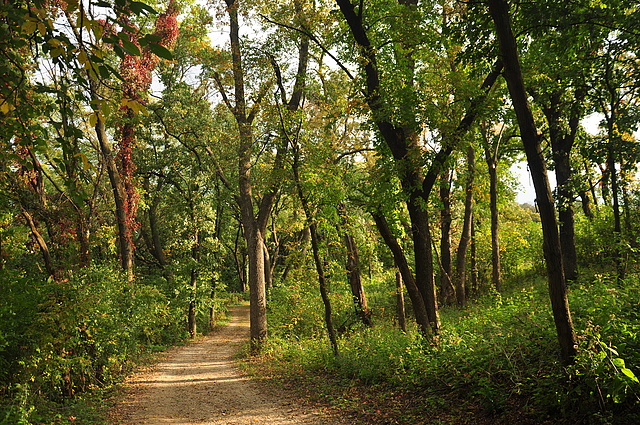Tuesday
I have just returned from a weekend at Carleton College, where I was a member of the committee planning our 50th reunion. (The reunion isn’t until June of 2023 but it’s an elaborate affair, resembling at times an academic conference, so we need a long head start.) Carleton is a very good small college in the Midwest, and as I visited old haunts, the cold October air penetrating my limbs, I was overwhelmed by a flood of emotions.
I’m having difficulty sorting them out. There were fond memories, but I also experienced a sadness and a pain resembling dread. At times I was on the verge of tears. Perhaps I’m feeling my age, I thought, or mourning a lost innocence. But though the world is dark now, it was dark then too, what with the seemingly endless Vietnam War and corruption in Nixon’s White House. To figure out my internal state, I’m turn to poems that seem to capture the emotions.
D. H. Lawrence’s “Piano” was one poem that came to mind as I walked around. Hearing a woman singing, the poet is thrown back to a time in his childhood when his mother was playing the piano as he sat at her feet:
Softly, in the dusk, a woman is singing to me;
Taking me back down the vista of years, till I see
A child sitting under the piano, in the boom of the tingling strings
And pressing the small, poised feet of a mother who smiles as she sings.
In spite of myself, the insidious mastery of song
Betrays me back, till the heart of me weeps to belong
To the old Sunday evenings at home, with winter outside
And hymns in the cosy parlour, the tinkling piano our guide.
So now it is vain for the singer to burst into clamour
With the great black piano appassionato. The glamour
Of childish days is upon me, my manhood is cast
Down in the flood of remembrance, I weep like a child for the past.
Another poem I thought of was A. E. Housman’s “Into my heart an air that kills.” Many of the Shropshire Lad poems are filled with intense longing, but this may surpass them all. The “air that kills” captures some of the pain I was feeling:
Into my heart an air that kills
From yon far country blows:
What are those blue remembered hills,
What spires, what farms are those?
That is the land of lost content,
I see it shining plain,
The happy highways where I went
And cannot come again.
Later, I thought of Dylan Thomas, another master of nostalgia. In his seasonally appropriate “Poem in October,” he remembers being a boy in the summer, before “the weather turned round.” Here are the concluding stanzas:
And the twice told fields of infancy
That his tears burned my cheeks and his heart moved in mine.
These were the woods the river and sea
Where a boy
In the listening
Summertime of the dead whispered the truth of his joy
To the trees and the stones and the fish in the tide.
And the mystery
Sang alive
Still in the water and singingbirds.
And there could I marvel my birthday
Away but the weather turned around. And the true
Joy of the long dead child sang burning
In the sun.
It was my thirtieth
Year to heaven stood there then in the summer noon
Though the town below lay leaved with October blood.
O may my heart’s truth
Still be sung
On this high hill in a year’s turning.
I think the Thomas poem gets closest to explaining my emotional state, since Lawrence’s desire to return to childhood isn’t my desire, nor did I ever see Carleton as a land of content. But I do remember times there when “the trees and the stones and the fish in the tide/And the mystery/Sang alive/Still in the water and the singingbirds.” That’s how the world looked when Julia and I would take our sleeping bags and spend warm May nights together in Carleton’s arboretum. Our love has matured and deepened since then—we too will be celebrating 50 years in 2023—but on Saturday, as I walked through the college’s nature preserve, I was hit with the contrast. The youthful intensity, the “joy of the long dead child,” is no longer there.
Thomas’s poem echoes Wordsworth’s Intimation of Immortality, where the Romantic poet wonders, “Whither is fled the visionary gleam?/ Where is it now, the glory and the dream?” Thomas, meanwhile, hopes that, even though the town may be “leaved with October blood,” summer passion will “still be sung/On this high hill in a year’s turning.”
Don’t misunderstand what I say here. I love Julia deeply and I wouldn’t want our relationship to return to its earlier stages, when there were painful misunderstandings to go along with the euphoric highs. I like the serenity and the mutual understanding we have managed to achieve. But our lives are now leaved with October blood and don’t sing with the intensity of summer. It could well be that my melancholy over the weekend arose from the absence of something that once was but that cannot come again.


